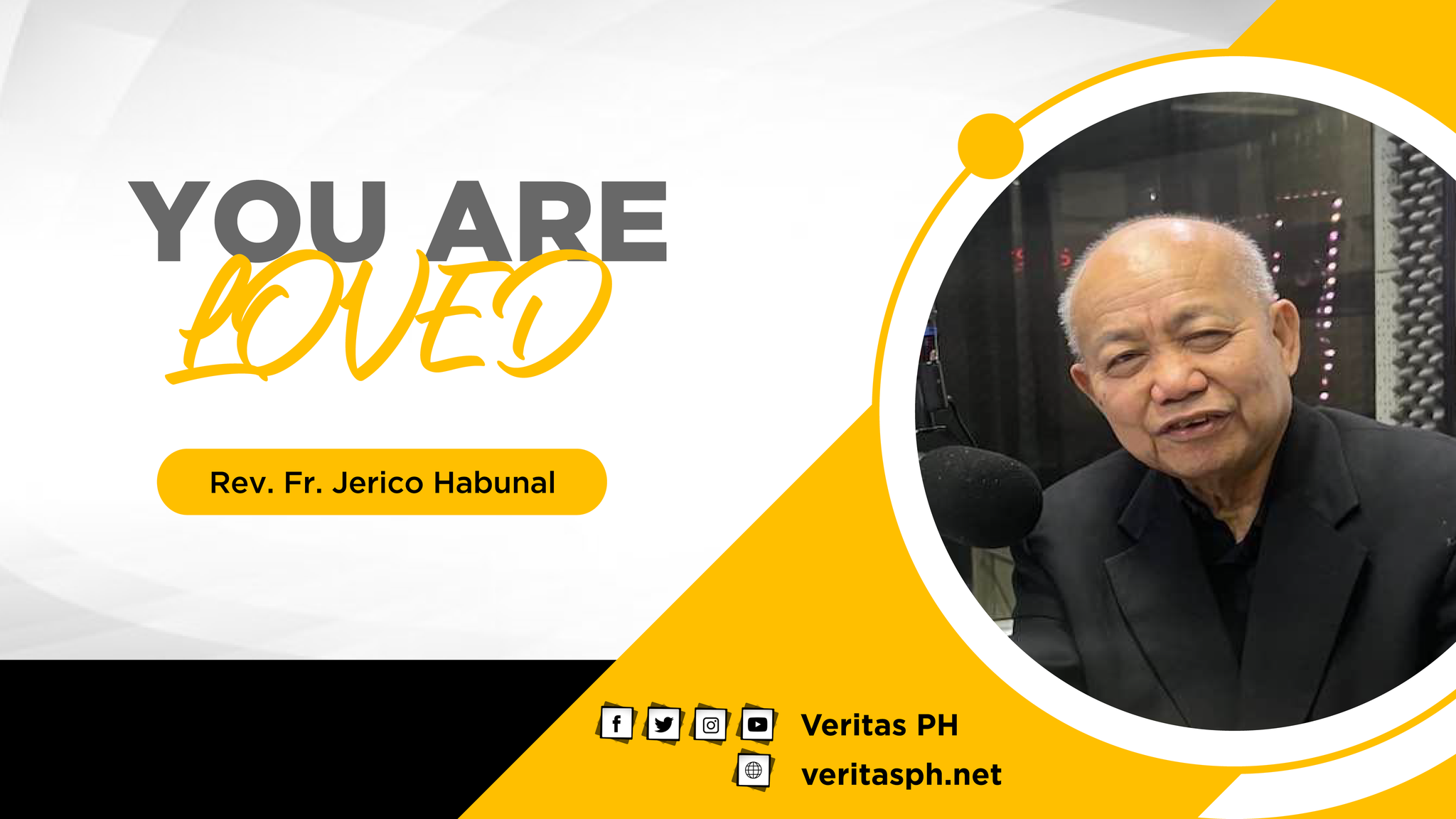1,816 total views
Gospel Reading for September 07, 2024 – Luke 6: 1-5
HIGHEST FORM OF PRAYER
While Jesus was going through a field of grain on a sabbath, his disciples were picking the heads of grain, rubbing them in their hands, and eating them. Some Pharisees said, “Why are you doing what is unlawful on the sabbath?” Jesus said to them in reply, “Have you not read what David did when he and those who were with him were hungry? How he went into the house of God, took the bread of offering, which only the priests could lawfully eat, ate of it, and shared it with his companions?” Then he said to them, “The Son of Man is lord of the sabbath.”
————
This is another classic example of the legalistic attitude of the scribes and Pharisees regarding religious practices. They considered picking the heads of grain, WORK, even if the disciples were eating them because they considered the Lord’s Day as a day of rest. Imagine, even if you go to Jerusalem today and take pictures of holy sites, someone may shout at you, “Shabbat, shabbat!” because even taking pictures is considered WORK.
The Lord’s Day, Sabbath for the Jews, and Sunday for us Christians, is that one day in a week that we dedicate to God, thanking him for the GIFT OF LIFE and everything we receive from him to sustain our lives. This is why the Church makes it an obligation for us to attend the Eucharistic Celebration on Sundays and holydays of obligation (Dec. 8 – Feast of the Immaculate Conception, Dec. 25 – Nativity of our Lord, and Jan. 1 – Feast of Mary, Mother of God) where families and people from all walks of life gather to celebrate as ONE BIG FAMILY OF GOD. The Eucharistic Celebration is the HIGHEST FORM OF PRAYER in the Catholic Church because Jesus himself is present through the Priest Presider. It is also COMPLETE because the Kyrie or Lord Have Mercy at the start is asking for forgiveness; the Gloria or Glory to God in the Highest is praise; then there is a reading from the Old Testament, praise through Psalms from the Bible as a response to the reading, reading from the Epistles, and the Word of God, or Jesus himself speaking through the Gospel Reading; the Homily of the Priest aims to make the Gospel Reading clearer and easier to understand so we may know how to apply it to daily living; Profession of our Faith so we may confirm our belief in all the teachings of the Church; community prayer through the Prayers of the Faithful; offering of the bread and wine which will become the Body and Blood of Christ through the Holy Spirit at the epiclesis; singing of praise in unity with the angels in heaven in the Sanctus or Holy; the Consecration where the words of Jesus at the Last Supper is remembered and repeated upon presenting his Body and Blood; the Memorial Acclamation where we remember Jesus in the past, the present and the future; The Great Amen where all our prayers are offered to the Father through Jesus; praying of the Pater Noster or Our Father, the prayer Jesus taught us; praying the Agnus Dei or Lamb of God in preparation for receiving Christ’s body in Holy Communion; Receiving the Final Blessing and the Sending off of those who attended the celebration with renewed strength and inspiration to start another week of living life to the fullest!
It is such a shame if because of our laziness, we do not come to the Sunday Eucharist. We have all the reasons to thank God for sustaining us for an entire week. It is just 1 hour of 168 hours!
“. . . Oh come, let us sing to the LORD; let us make a joyful noise to the rock of our salvation! Let us come into his presence with thanksgiving; let us make a joyful noise to him with songs of praise! For the LORD is a great God, and a great King above all gods.” (Psalm 95)
















